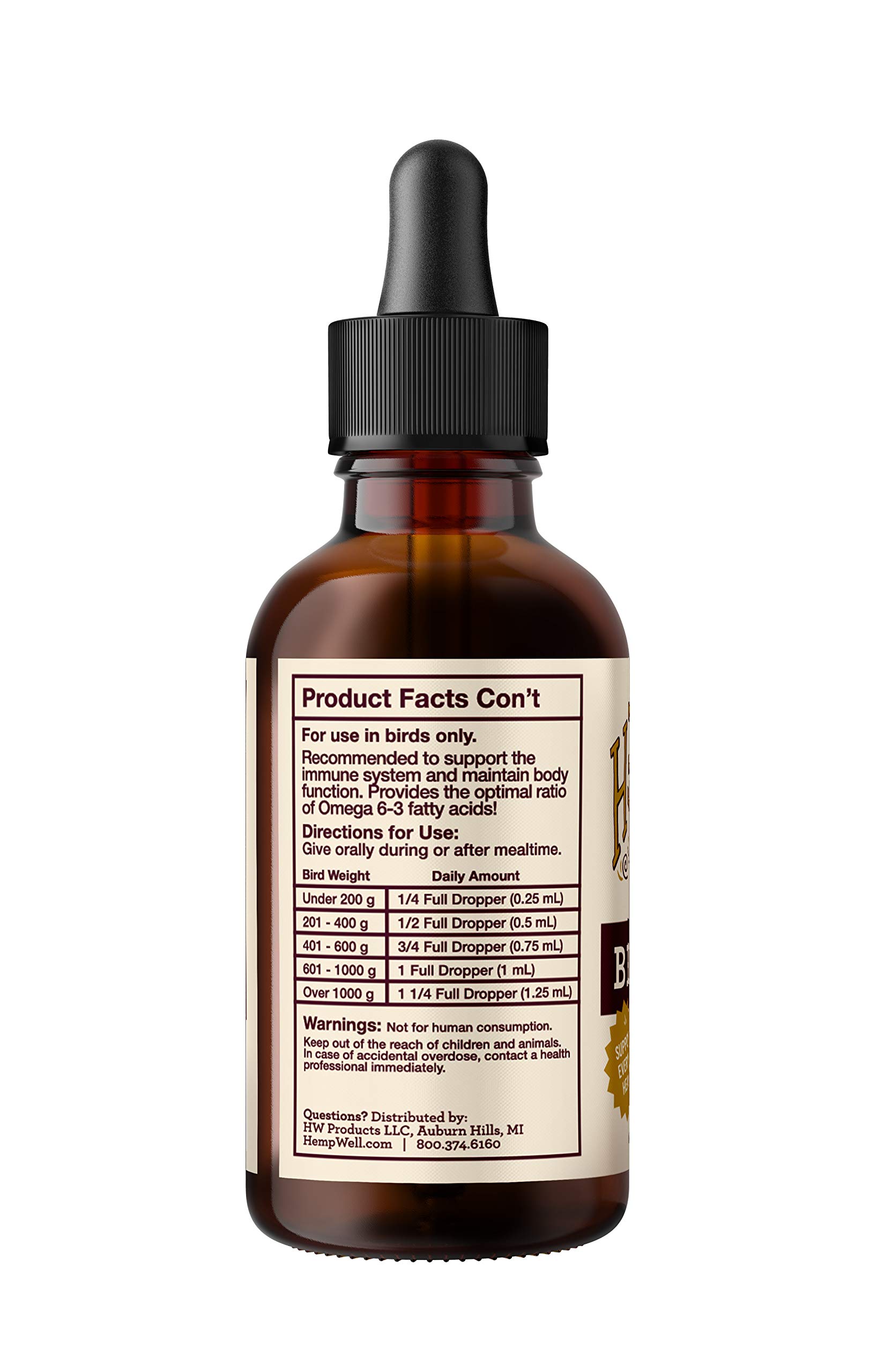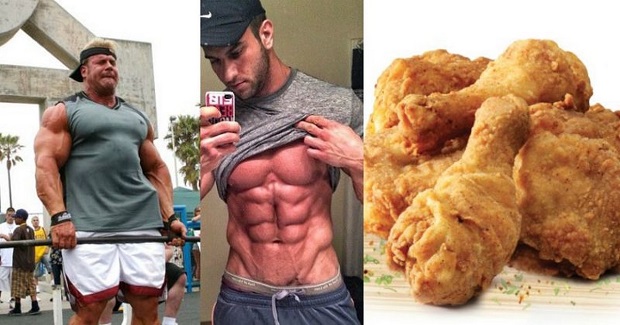
Hemp is the industrial version of the cannabis plant. It can be used in many ways, including to produce food, fiber and medicine. Although hemp has been grown in the United States over thousands of generations, it was banned from cultivation between 1937 and 2013. Recent changes have seen the laws change. In 2018, hemp became legal across all 50 states.
Hemp is not a psychoactive plant like marijuana. Hemp has a lower THC content than marijuana at 0.3%. Marijuana contains much more THC. These plants were bred to produce higher amounts of THC and more flowers. This is the reason marijuana is commonly called "weed."
Hemp and marijuana are related species of Cannabis sativa, but hemp is not a psychoactive substance. Hemp is not a psychoactive substance, and can only be used for medicinal purposes. The stalk of hemp is used for fiber, which can be used to make ropes, paper, and other plastics.

Hemp can also processed to produce alcohol, fuel, silage, and other products. Because the hemp plant can grow quickly, it's ideal for creating durable products. Some of the hemp varieties are particularly suitable for producing essential resources in industrial textiles.
Hemp grows at the fastest rate on Earth. Hemp seeds are rich in vitamins, minerals, and other nutrients. Hemp oil is suitable for use in salad dressings, cold dishes, and other applications. Hemp oil also contains CBD, a nonpsychoactive cannabinoid, which is an important ingredient in hemp products. There are some indications that hemp and other compounds may have synergistic effects, which could lead to better therapeutic outcomes.
Hemp seeds provide a good source of protein, Omega-3 and Omega-6 fatty acid, as well minerals. They can either be eaten as-is or pressed into oils, or derivatives. Hemp was once considered a drug similar to heroin. But in December 2018, the Farm Bill expanded its legal definition to include industrial hemp. Hemp can now be grown by farmers for commercial purposes.
Although hemp is legal across all fifty states and territories, each state must develop its own program to cultivate hemp. Farmers cannot sell hemp across state lines as it is not yet federally regulated. It can, however, be sold to those who are participating in the state’s hemp pilot program.

Cannabidiol or CBD is becoming more and more popular in America because of its healing properties. Harbor Hemp and other companies have started making CBD tinctures as well as pain creams. Canopy Growth is also tapping into the market. They have recorded $73 Million in sales over this past year.
FDA has not been notified of any adverse events that could be caused by hemp products. However, the agency is aware of reports of pets consuming cannabis. Reporting Information about Animal Drugs and Devices will help you to report suspected marijuana use by your pet.
Hemp is one of few crops that can legally be grown in America. Farmers are welcome to apply for state hemp growing licenses. The Federal Crop Insurance Act protects farmers from losses caused by crop failure, so hemp farmers can continue to rely on insurance for crop protection.
FAQ
What are the most effective uses of CBD?
CBD is an effective alternative to treating anxiety. You can also use CBD to treat anxiety, pain, insomnia, epilepsy and inflammation.
There are many ways to consume CBD. CBD can be consumed in many ways. You can eat CBD-rich foods, take CBD tinctures or vape CBD eliquids.
CBD is a great option for many reasons. CBD has been shown to be beneficial for people with chronic pain, anxiety, PTSD, and other conditions.
Can CBD companies be a good investment?
The answer depends on the question you are asking. These machines are great investments if your goal is to make money. But if you're looking for something to help people, then they are not the best investment.
Which countries produce CBD of the highest quality?
The United States is home to the greatest number of CBD products.
However, CBD products can also be made in Canada, Australia, New Zealand and Israel.
Is there evidence that CBD reduces anxiety?
CBD oil can be used to treat anxiety. It interacts with CB1 receptors and CB2 receptors in your brain. The endocannabinoid systems regulates mood and stress response.
Our bodies activate the CB1 receptor when we feel anxious. When activated, the receptor sends signals back to the amygdala that is responsible for emotional processing.
If the CB1 receptor becomes blocked, the brain doesn't get the signal to express emotions. As a result, people who take CBD experience fewer negative feelings.
In 2017, a study showed that CBD can reduce anxiety in people with social phobia. Another study confirmed that CBD can reduce symptoms associated with PTSD.
A 2018 study concluded that CBD can be used to treat anxiety disorders and anxiolytic effects.
Another study concluded that CBD may help with panic attacks.
Multiple studies have proven that CBD can actually increase anxiety levels in mice.
According to the researchers, this discrepancy between animal and human data may be due in part to differences in CBD's effects on humans and animals.
CBD has not undergone any safety studies. However, most experts agree that CBD is safe when used as directed.
Can I use CBD during pregnancy?
There hasn't been enough research to determine if CBD can be used during pregnancy.
Based on the limited information, however, it seems unlikely that CBD would cause harm for the baby.
Pregnant mothers should not consume CBD unless it is recommended by their doctor.
In fact, the Food and Drug Administration recently issued a warning about potential risks associated with taking CBD while pregnant.
FDA states that there are some indications that cannabis use during pregnancy could increase the chance of miscarriage.
According to the agency, more research is necessary before a firm conclusion can been drawn.
Statistics
- however, one study also found that these effects were virtually abolished when the original media (a nutrient broth agar) was replaced with one containing 5% blood (increasing the minimum concentration to ~160 μM CBD) [179]. (ncbi.nlm.nih.gov)
- The use of these products is likely to become even more widespread if the World Health Organization's recommendation that CBD no longer is scheduled in the international drug control conventions is adopted by the United Nations member states [201]. (ncbi.nlm.nih.gov)
- A recent systematic review of human trials also reported that individuals with epilepsy receiving CBD (5–20 mg·kg−1·day−1) were more likely to experience decreased appetite than those receiving placebo (i.e., ~20 vs. 5% of patients) (ncbi.nlm.nih.gov)
- OralWhere HED is the human equivalent dose, and Km is a correction factor estimated by dividing the average body mass (BM) of the species (60, 0.020, and 0.150 kg for 11 humans, mice, and rats, respectively) and by its surface area (see: Nair et al. (ncbi.nlm.nih.gov)
- As a substance that was federally illegal before the passage of the 2018 Farm Bill, hemp-derived cannabinoids with no more than 0.3% THC still face a regulatory grey area. (forbes.com)
External Links
How To
How to get certified for selling CBD products
CBD (cannabidiol) is one of the hundreds of cannabinoids found in cannabis plants. It's been used medicinally throughout history, including traditionally in China, India, and many South American countries. In recent years, however, its popularity has skyrocketed due to its ability to treat conditions like anxiety, pain, epilepsy, and inflammation. There is no formal certification program for CBD products. At least, not in the U.S. Anyone who wants to sell CBD products will have to use the "unofficial", self-certification process.
There are two methods to do this. The first way is to join an association of local cannabusiness owners. This will allow you to share your knowledge with others, as well as receive advice and support. There are many associations in the country. The second option is to take your business online. Canna-businesses can now operate online in many states. If your state allows online canna-businesses, you can immediately set up a website and begin accepting orders. However, registration is required with your state Department of Public Health. Once you have registered, your state's Department for Public Health will issue you a license. Once you have received your license you are officially authorized to open your store, accept orders, and close it.